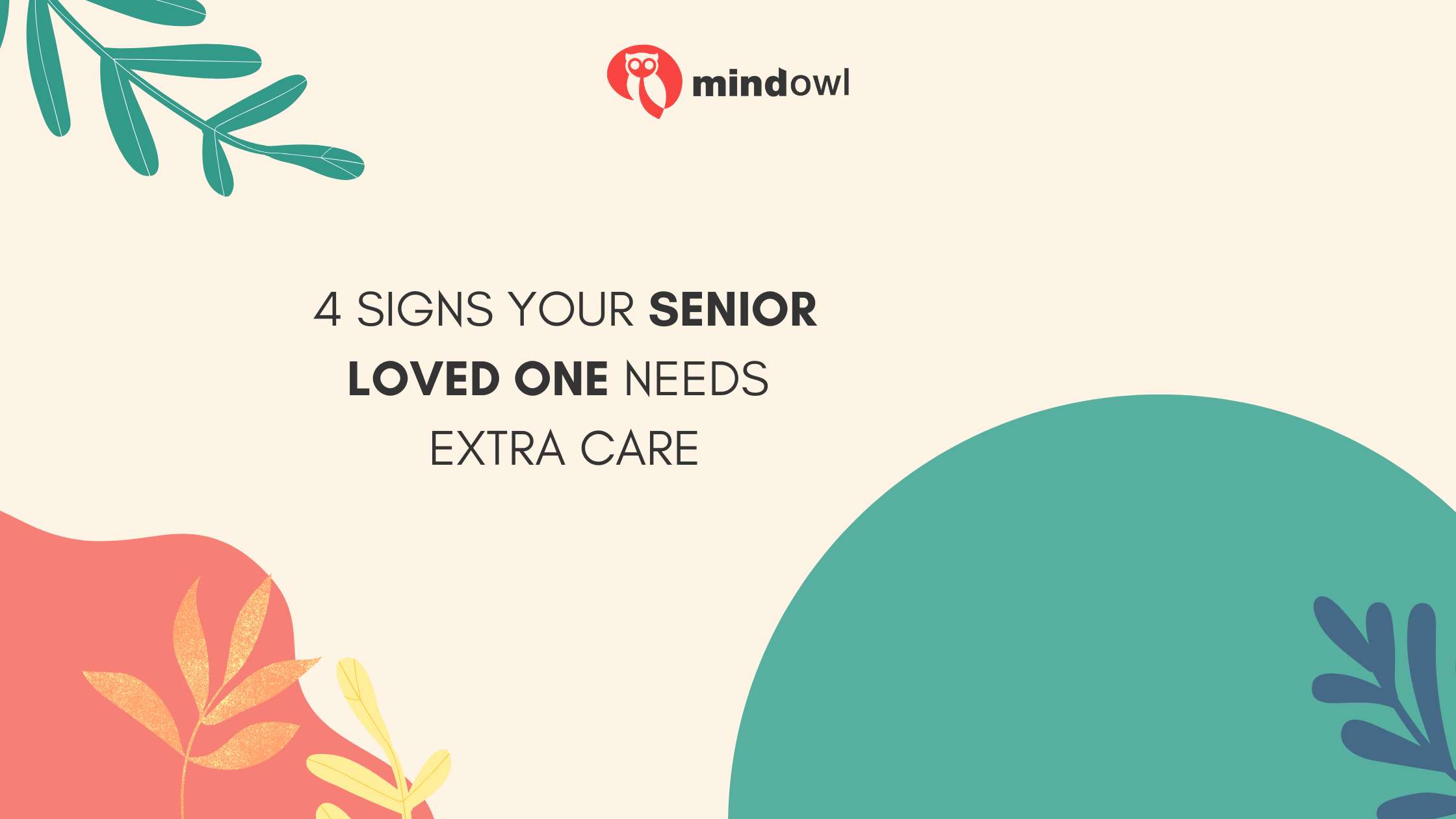As our loved ones age, it’s natural to want to ensure they’re living safely and comfortably. However, recognizing when they may need additional support can be challenging. Whether due to physical limitations, cognitive decline, or social isolation, there are signs that extra care may be required to maintain their quality of life. Here are four key signs that indicate your senior loved one might benefit from additional help or professional care services.

1. Difficulty Managing Daily Tasks
One of the most noticeable signs that your senior loved one needs extra care is when they struggle to complete everyday tasks. These can include cooking, cleaning, bathing, or dressing. If you notice that their home is becoming cluttered, laundry is piling up, or they’re skipping meals, it may be time to explore options for additional assistance. The expert team behind CenterWell Primary Care recommends consulting senior primary care providers to evaluate health needs and develop a plan that ensures seniors receive the necessary support to maintain their independence. These professionals can provide guidance on preventive care and recommend any necessary lifestyle adjustments to promote long-term wellness. This proactive approach ensures that your loved one receives personalized care tailored to their specific needs.
2. Changes in Mobility or Balance
A decline in mobility or balance is another strong indicator that your loved one might need extra care. Frequent falls, difficulty standing up, or hesitation to move around the house could signal that they are struggling physically. Falls are particularly dangerous for seniors, as they can lead to serious injuries or a loss of confidence in their ability to move around safely. Installing grab bars, ramps, or other mobility aids can help, but in some cases, professional caregivers may be needed to provide hands-on support.
3. Memory Loss or Confusion
Memory loss and confusion are common in aging, but they can also signal more serious cognitive decline, such as dementia or Alzheimer’s disease. If your loved one is forgetting appointments, repeating themselves frequently, or getting lost in familiar places, it’s time to seek help. Cognitive decline can make managing medications, finances, and personal safety more difficult, increasing the risk of accidents or health complications. In these cases, a specialized care provider may be necessary to ensure their well-being.
4. Social Withdrawal and Isolation
Loneliness and isolation can significantly impact a senior’s mental and emotional health. If your loved one is withdrawing from social activities, avoiding friends or family, or showing signs of depression, it may be a sign that they need more social support. Feelings of isolation can exacerbate cognitive and physical decline, making it even more critical to address. Arranging for home care, transportation to social events, or assisted living may help your loved one stay connected and engaged with the world around them.

Recognizing these signs early and taking action can significantly improve your loved one’s quality of life. By seeking the right care solutions, you can ensure they receive the support they need to remain safe, healthy, and happy as they age. Taking the time to explore different care options can also provide peace of mind for both you and your loved one. With the right support in place, you can foster a sense of independence while ensuring they have access to the care they deserve.
MindOwl Founder – My own struggles in life have led me to this path of understanding the human condition. I graduated with a bachelor’s degree in philosophy before completing a master’s degree in psychology at Regent’s University London. I then completed a postgraduate diploma in philosophical counselling before being trained in ACT (Acceptance and commitment therapy).
I’ve spent the last eight years studying the encounter of meditative practices with modern psychology.

